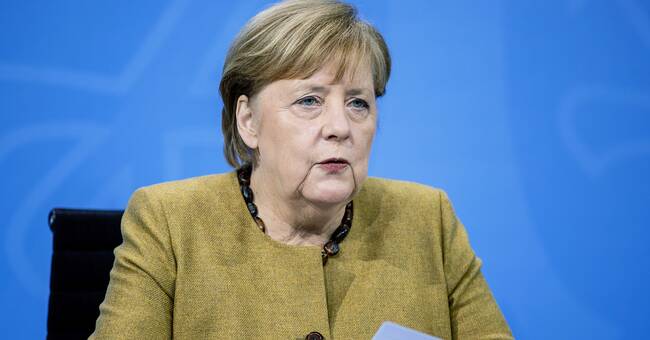A married, middle-aged, Catholic, West German great-grandfather with a law degree - or a married, middle-aged, Catholic, West German great-grandfather with ...
Yes, on paper, there is not much that separates the three candidates in the Christian Democratic leadership struggle.
But the appearance is deceptive, and who is elected new party chairman after the Chancellor's less successful heir Annegret Kramp-Karrenbauer at Saturday's CDU meeting plays a major role in the political orientation of the party that more than any other format post-war Germany and for two decades dominated by Angela Merkel.
Is not Merkel's favorite
Two of the three candidates - North Rhine-Westphalia's Prime Minister Armin Laschet and foreign politician Norbert Röttgen - are expected to continue on Merkel's center-right course if elected.
It is no secret that the third candidate, Friedrich Merz, is not Merkel's favorite.
The feelings are mutual.
It has its origins in the years after the turn of the millennium, when Merkel successfully cleared her rival out of the way by poking him from the post of group leader in parliament.
The 60-year-old then made a comeback in connection with Merkel's resignation from the party leadership in 2018, but lost the leadership battle against Kramp-Karrenbauer.
Now he is making another attempt.
Going to the polls in September
In September, Germany holds elections.
The subsequent formation of the government also marks the end of Angela Merkel's time as Chancellor.
Before that, the CDU chairman who is elected at lunchtime (formally, the election will be confirmed by a letter election, the results of which will be announced on January 22) must agree with the Bavarian CSU on a common chancellor candidate.
Historically, he has, with two exceptions, always been the leader of the CDU.
This autumn, however, it may be different, as CSU leader Markus Söder is far more popular than any of the three CDU candidates.

